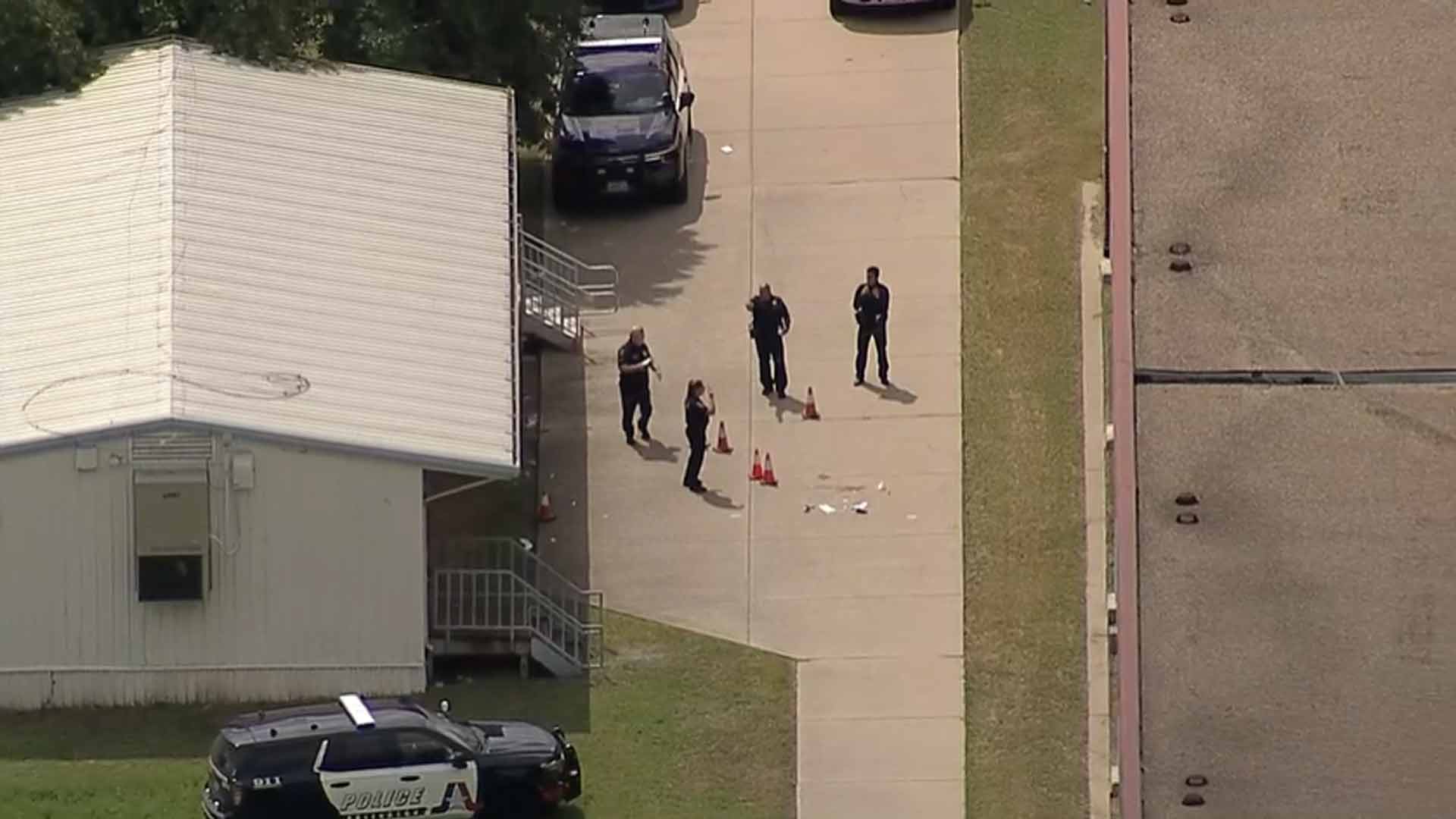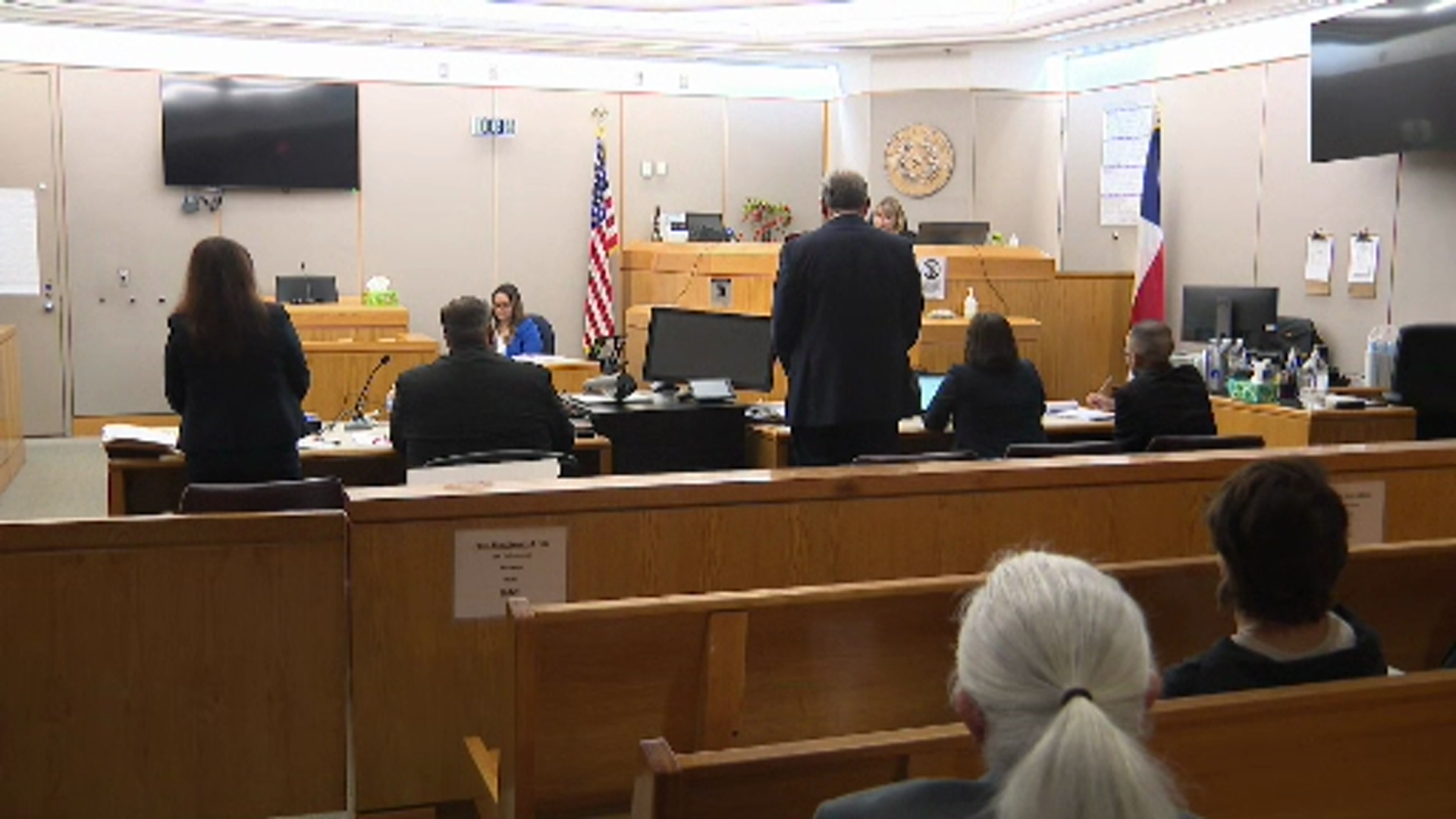Texas Attorney General Ken Paxton is trying one last time to have his criminal indictment on securities fraud charges dismissed, likely ruling out the possibility of the Republican standing trial this year.
Whether or not Paxton may face a jury is now in the hands of the Texas Court of Criminal Appeals, which is controlled by elected Republicans and is the same panel that cleared former Gov. Rick Perry of criminal charges earlier this year.
Paxton, who faces 5 to 99 years in prison if convicted on two felony counts of securities fraud, was indicted in July 2015 and has pleaded not guilty. Two lower courts previously rebuffed his attempts to dismiss charges that accuse him of duping investors in a tech startup years before becoming Texas' top prosecutor.
Paxton attorney Bill Mateja said in a statement Tuesday they're taking the case to the state's highest criminal court "to end this improper prosecution."
Special prosecutors must still file their response, and with a court decision on whether to accept the case likely weeks out, a trial for Paxton is unlikely this year even if the indictments are upheld. Brian Wice, one of the special prosecutors, said the attorney general's request for a "do-over" in his final appeal falls short.
The move puts Texas' nine-judge panel in the extraordinary position of deciding twice in one year whether criminal charges can proceed against two of the state's most powerful political figures.
Perry had been indicted on abuse-of-power charges in 2014, while still governor, over vetoing funds to public corruption investigators who Republicans long accused of wielding a partisan ax. But the former White House candidate was already out of office -- and out of the presidential race -- when the judges ruled in a 6-2 decision in February that courts can't undermine a governor's veto power.
Local
The latest news from around North Texas.
Paxton's attorneys referenced that ruling back to the court in their appeal.
Unlike Perry, however, Paxton's alleged crimes happened outside elected office. Paxton was still a state legislator in 2011 when prosecutors say he broke the law by recruiting investors toward a startup called Servergy without disclosing he was being paid by the company.
Paxton has claimed grand jury that indicted him, in his hometown of McKinney, was improperly paneled and therefore the charges should be nullified.
Paxton is also being sued by the U.S. Securities and Exchange Commission in a separate civil lawsuit over the same allegations of investor fraud. Donors and friends are helping pay his personal legal bills, which include $100,000 from the head of a company that recently settled a Medicaid fraud lawsuit with Paxton's office and the U.S. Justice Department.
Paxton's office has said federal prosecutors took the lead and that Paxton had no direct involvement in that case. They also say Paxton's accepting the money didn't violate rules in his office that prohibit gifts from an entity "the employee knows is being investigated" by the agency.



